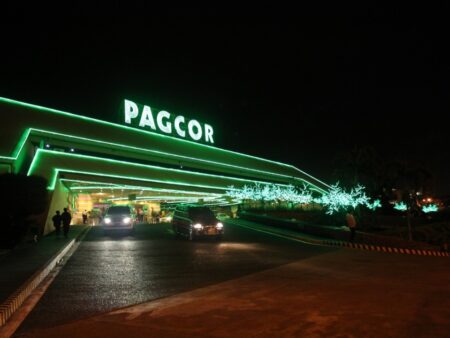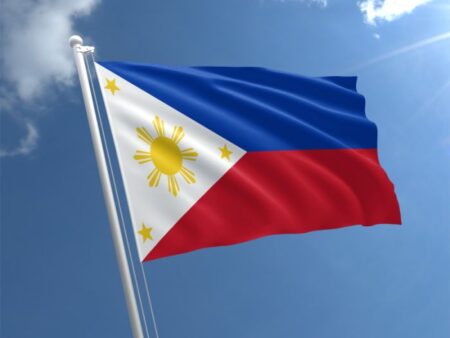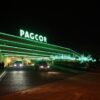Local residents on Jeju Island are divided in their views on the island’s foreigner-only casinos, with a recent survey revealing a complex array of opinions, leading to heightened calls for stricter regulatory measures.
A survey conducted by representatives of the Jeju Special Self-Governing Province, polling 1,000 local adults, highlighted deep concerns about the impact of these casinos on the region. Almost half of the respondents, a significant 49.9%, voiced concerns that the casinos have fueled a surge in criminal activities in the area. Meanwhile, 52% believed that these casinos adversely affect the environment and exacerbate traffic congestion.
Moreover, the survey delved into concerns about the impact on the local youth and education system, with 55.1% expressing worry about the detrimental influence of the casinos on the educational sector.
However, the casinos were acknowledged for their positive economic contributions. Approximately 40% of respondents acknowledged that the casinos attract more foreign tourists, boosting spending, while 33.7% acknowledged their role in job creation.
Despite these economic benefits, over half of the respondents, at 51.4%, advocated for stricter regulations governing these casinos. Conversely, 27.3% felt that the casinos required further government support.
The Jeju Island government, recognizing the polarized opinions, aims to conduct this survey annually to gauge public sentiment on the casinos and their regulations, marking this as the inaugural study on the matter.
Jeju Island houses eight foreigner-only casinos managed by the provincial government, which have been the subject of contention due to their contradictory impacts on the economy, environment, and social fabric of the region. Notably, South Korea prohibits gambling but allows foreign tourists to gamble in specific demarcated areas, like Jeju Island.
The survey underscores the complexity surrounding the presence of these casinos and the need for a balanced approach that addresses both their economic benefits and the concerns of local residents regarding social and environmental repercussions. As calls for stricter regulations grow, the island faces a nuanced challenge in navigating the coexistence of these casinos with the community’s welfare and broader developmental aspirations.

















